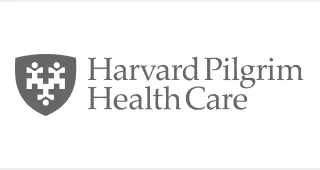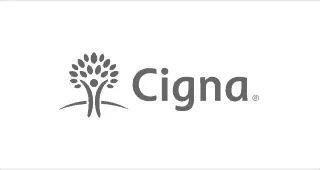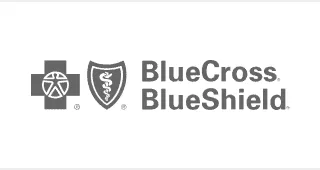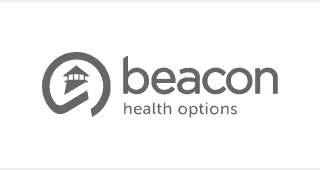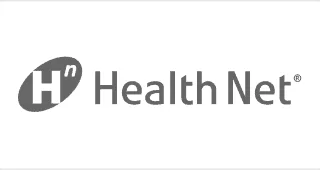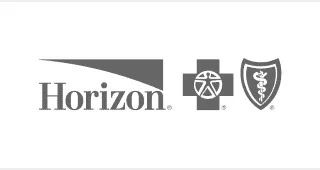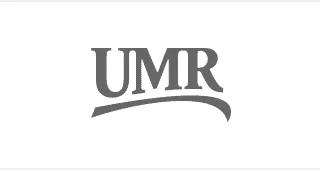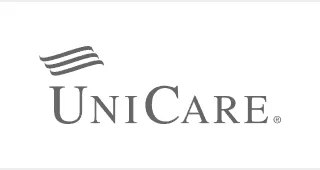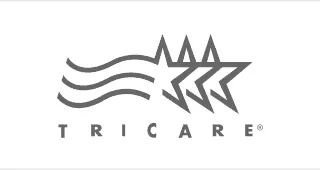Intensive Outpatient Programs
Outpatient rehab is a flexible form of care for individuals seeking recovery from substance use disorders. Unlike residential care, outpatient programs allow patients to maintain their daily commitments like work, school, or family responsibilities while still receiving comprehensive treatment. Our programs include individual therapy, group counseling, medication-assisted treatment, and education about substance use. With the ability to live at home and apply learned recovery strategies in real-time, outpatient rehab can be a practical and effective choice for many individuals.
What is Your Outpatient Addiction Treatment Program Like and What Does it Include?
At Achieve Wellness and Recovery, our treatment options are structured yet flexible, encompassing a blend of individual and group therapy sessions each week.
Compared to more intensive substance abuse treatment programs like partial hospitalization, our standard outpatient care provides a balanced approach. With two one-hour sessions each week, it offers the right level of structure for individuals managing their recovery while transitioning back to everyday life.
Our outpatient program includes more than just individual and group therapy. It also provides access to a broad spectrum of treatment options and therapeutic services, such as:
- Trauma-focused therapy: Designed to help clients process and overcome traumatic experiences related to substance use disorders.
- Cognitive behavioral therapy: This form of therapy helps clients to identify and change thought patterns that lead to harmful behaviors, promoting healthier choices and habits.
- Dialectical behavioral therapy: Helps clients to manage intense emotions and develop healthy coping strategies.
- Nutrition and life skills education: Equips clients with the skills needed for a healthy, balanced lifestyle post-rehab.
- Art therapy: This therapeutic practice utilizes the creative process to help clients express themselves, manage their feelings, and work on their emotional well-being.
- Medication education: Helps clients understand the role of medication-assisted treatment in managing withdrawal symptoms and cravings.
- Support groups: Offers a community of individuals who are experiencing similar struggles, promoting a sense of understanding and shared experience.
- Family therapy: Involves loved ones in the treatment process to better understand the disease of addiction and learn how to best support the client.
- EMDR therapy: A specialized therapy to help clients process traumatic memories linked to substance abuse.
- Relapse prevention: Essential in equipping clients with the tools to manage cravings and avoid relapse.
- Holistic therapy: This approach to treatment targets the whole individual – mind, body, and spirit – with strategies like yoga, meditation, and nutritional guidance to complement traditional therapies.
Benefits of IOP
Our outpatient program is ideal for individuals who cannot afford to put their life on pause to attend residential treatment. These individuals still need to be able to attend school, work, and tend to loved ones and family members. It’s also essential that the individual in an outpatient setting has a supportive home environment. This is extremely vital because the temptations to use will be heightened more for these individuals.
If you’re unsure about whether outpatient care suits you, we recommend consulting with a treatment professional at our center. Our team will consider your specific needs and current circumstances to guide you toward the most suitable treatment plan. Nevertheless, there is an “ideal candidate” for each type of program at our treatment centers, including outpatient drug abuse care.
The Ideal Candidate For Outpatient Treatment
- An individual who has completed inpatient care but needs support in an outpatient setting
- A person who suffers from less severe drug or alcohol use or withdrawal cravings
- An individual who has a sober and supportive environment at home
- A person who is suffering from a new addiction
- An individual who isn’t suffering from any active mental health issues
If you or someone you love can check off the boxes to the requirements mentioned above, you might be an ideal candidate for the outpatient programs offered at our rehab facility in New Jersey. We can tailor your outpatient services to your specific needs.
Treating Co-Occurring Disorders at Our Rehab
Recognizing this interconnectedness of addiction and mental health, our approach is an integrated one, prioritizing the treatment of both conditions concurrently for a more effective recovery.
The treatment team at our rehab creates a personalized treatment plan for each patient. This comprehensive plan encompasses various aspects, from medication management to therapeutic interventions. We understand that substance abuse is often a method of self-medication for those struggling with mental health issues like depression, anxiety, or bipolar disorder. Hence, treating the substance use alone can leave underlying mental health disorders unaddressed, potentially leading to a relapse.
When individuals have co-occurring disorder, outpatient care can be beneficial, especially if the individual doesn’t need outpatient care for a severe mental illness. Individuals with severe mental health disorders and substance abuse should indeed take the time to attend dual diagnosis treatment. However, this doesn’t mean that outpatient care should be ruled out if inpatient care isn’t suited for them.
Medication-Assisted Treatment
We offer medication-assisted treatment (MAT) as part of our outpatient rehab programs. FDA-approved medications prescribed in MAT are coupled with counseling and behavioral therapies to provide a comprehensive approach to recovery. With these treatments implemented along with other evidence-based therapies, individuals in the outpatient program can benefit from a strong foundation for long-term sobriety.
Different Types Of Outpatient Programs
Below are different outpatient rehab programs and treatment options offered:
Outpatient Detox
Outpatient detox as an essential first step in treatment for addiction. Under this program, the detox process, which can sometimes involve uncomfortable or even dangerous withdrawal symptoms, is managed under the medical supervision of the detox centers treatment professionals. This ensures the individual’s safety and well-being throughout the process.
Partial Hospitalization Program (PHP)
PHP is the most intensive outpatient program and is typically recommended for individuals with severe substance use who don’t require round-the-clock care. It involves daily therapeutic activities, including individual counseling, group therapy, and support groups for a significant number of hours. Despite the program’s intensity, individuals can return home at the end of the day, maintaining a sense of normality in their lives.
Intensive Outpatient Program (IOP)
IOP is a step down from PHP and is best suited for individuals who still require a structured treatment plan but also need the flexibility to engage in daily activities like work or school. Intensive outpatient treatment includes several treatment sessions per week focusing on group therapy, individual counseling, and skills development, but with fewer hours compared to PHP.
Standard Outpatient Treatment
This program offers the most flexibility and is best for individuals with mild substance use disorder or those transitioning from a higher level of care. Treatment includes individual and group therapy sessions that occur less frequently, usually once or twice per week, allowing individuals to maintain their everyday responsibilities while still receiving adequate care.
What Are the Biggest Benefits of an Outpatient Program?
Unlike inpatient care which requires the patient to live at the facility the entire time, outpatient treatment grants the client the convenience and flexibility of being able to live at home and continue on with their daily life with limited interruptions. That is one of the main reasons individuals prefer outpatient care over inpatient treatment. Some of the biggest benefits include:
- Immediate Results: Since you’ll be heading home after every session, outpatient drug rehab allows you to thoroughly apply what you’ve learned that day when you get home immediately. In inpatient care, an individual has to wait weeks to even months. The most beneficial aspect of this benefit is when it comes to therapy sessions, more real-world scenarios will be able to be discussed.
- Affordability: Generally, outpatient care costs much less than inpatient treatment since patients don’t actually live at the treatment facility. This benefit can serve as a major advantage, especially for those who aren’t receiving any help from insurance and paying out of pocket. In addition, there are some insurance providers that will cover outpatient rehab costs.
Flexibility: As previously mentioned, outpatient care in NJ allows flexibility to live at home and still attend school, work, and virtually everything else that has the potential to get you through the day. This is mostly because outpatient programs will work around your schedule. Employees, students, and caretakers have the ability to overcome addiction without sacrificing any other essential obligations.
Sobriety Awaits at Achieve Wellness and Recovery
If you or a loved one is struggling with a substance use disorder or mental health issues, we can help. Our recovery centers offer individuals in New Jersey the opportunity to receive the outpatient care they need in a safe and caring environment.
We work with most insurance companies. Please note we are not affiliated with or endorsed by insurance companies.
No Medicaid Accepted.




